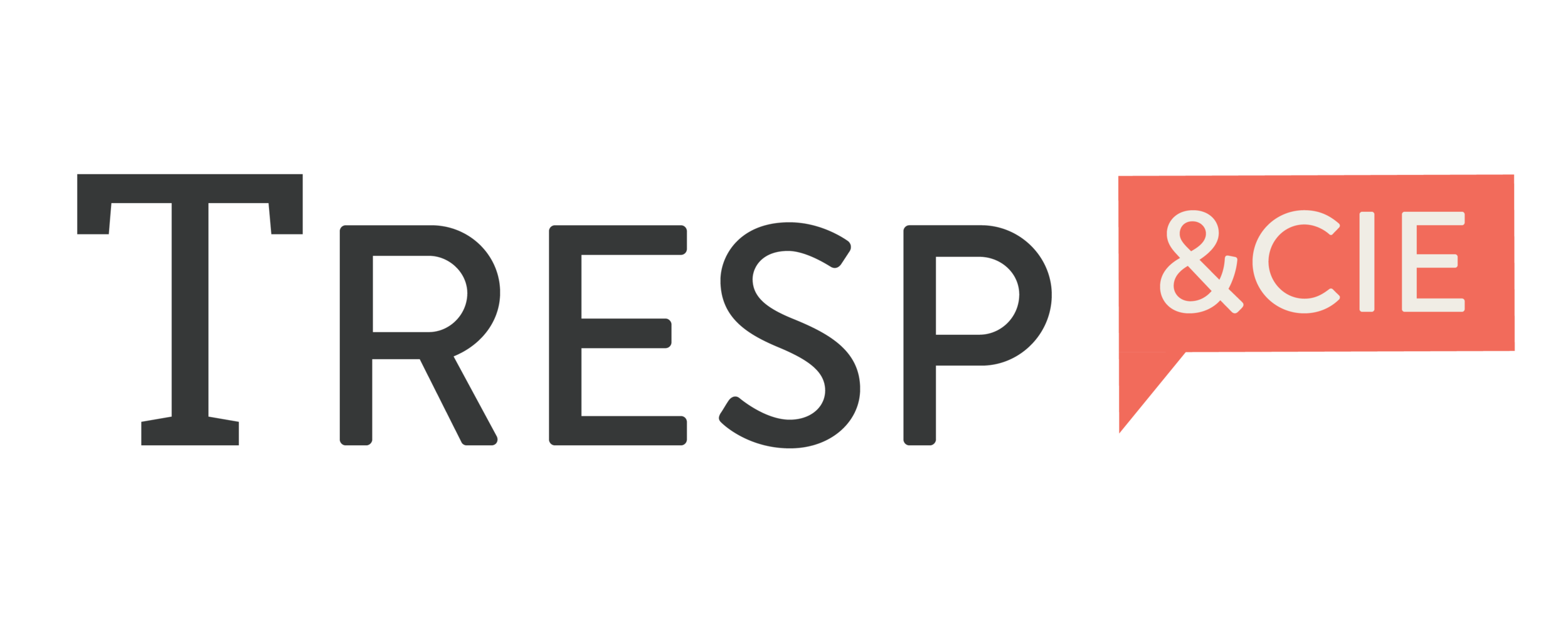What’s Profiling?
PROFILING MEANS THE CREATION OF AN OVERALL PICTURE OF A PERSON FOR SPECIFIC PURPOSES
One possible purpose could be, for example, filling a certain position or role in a company. Executives and managers are successful if they know their personality in detail (with all its potentials, strengths and weaknesses) and if they are able to use it consciously and appropriately in each situation. Professional know-how is also dependent on the structure of a personality. This is because knowledge / experience, skills and abilities build on personality. Personality can be developed. How far this development can go, however, varies greatly from individual to individual. Profiling reveals the possibilities and limits in the development of your management and employees. It helps to discover hidden talents and leadership potential. It provides information about the suitability of employees for certain tasks or roles and forms an important basis for future coaching, development measures, selection and onboarding processes.
Another purpose is the desire of a person to fully understand their personality in order to use it for their own, then maximized, appearance. Personality means effect. People communicate with each other exclusively through their behavior. Behavior means "posture", "position in the room", "tone", "choice of words", "speaking rate", "volume", "gestures", "facial expressions" and more. Knowing one's own strengths in behavior and using them to the maximum, means maximizing one's own appearance and thus the effect on others. This is why the technique of profiling is also very popular in the context of positioning.
By creating an individual personality profile, highly reliable statements can be made about a person's future behavior. The following questions, for example, can be answered:
How does a person behave in certain situations?
How does he or she deal with stresses, challenges, and change?
How flexible is he or she in thinking?
How does he or she deal with ambiguity and growing digitalization?
Does he or she fit into an "agile" world?
Questions about a person's credibility, integrity, ethics, loyalty, and authenticity are also an important part of the process. In practice, profiling provides a "look behind the scenes" of executives, employees, partners, customers, or applicants - entirely independent of their day form. Profiling is a valid procedure that can be manipulated neither by experience nor by skill and thus delivers reliable results.
Personality profiling for companies
Profiling has great influence on the success of a company, as it serves as an important foundation for management decisions. It is possible to create individual profiles, team profiles, or even entire company profiles. Psychometrics in form of tests, profiling, or assessments can be used in various areas within the company:
Our Approach
TRESP & CIE works strictly according to the specifications of DIN 33430, which deals with quality criteria and standards for job-related aptitude diagnostics. This requires, among other things, a well-founded interview technique. For this purpose, we prefer to use the method of decision-oriented interviewing (EOG) according to Karl Westhoff and the Critical Incident Technique (CIT) according to John C. Flanagan.
Our work is supported by the use of valid psychometric potential and competence procedures as well as performance test procedures (so-called cognitive abilities). In addition, we rely on proven methods of forensic psychology, such as behavioral analysis and the observation of so-called "real indicators" (reality criteria).
By comparing the results obtained with references, CVs, or performance and appraisals already achieved in the course of the development process, it is possible to predict future behavior and thus job-related performance with a very high degree of reliability.
The use of so-called 360-degree procedures (Leadership Echo) also helps to obtain a reliable picture of the existing potential of a personality.




